Ancient Wisdom for Modern Readers37
Ancient Wisdom for Modern Readers presents the timeless and timely ideas of thinkers from the ancient world in lively new translations. Enlightening and entertaining, these books make the practical wisdom of antiquity accessible for modern life.
-

An entertaining and enlightening collection of ancient Roman writings about home design and decoration
-

Lively new translations of two classical works that offer wise advice about how to resist temptation
-
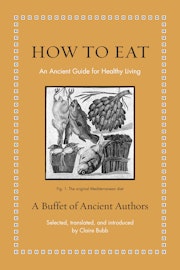
A delicious feast of ancient Greek and Roman writings on living well by eating well
-
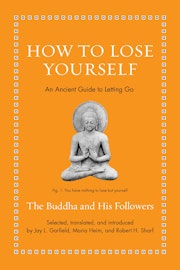
Inviting new translations of classical Buddhist texts about why the self is an illusion—and why giving it up can free us from suffering
-

Explore the nature of love in this charming new translation of selections from Plato’s great dramatic work, the Symposium
-
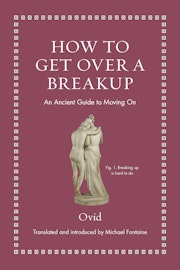
A modern translation of the ancient Roman poet Ovid’s Remedies for Love—a witty and irreverent work about how to fall out of love
-
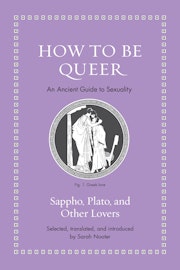
An irresistible anthology of ancient Greek writings that explore queer desire and love
-
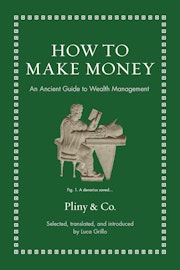
An enriching collection of classical writings about how ancient Romans made—and thought about—money
-
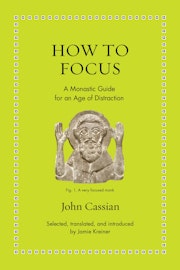
How you can learn to focus like a monk without living like one
-
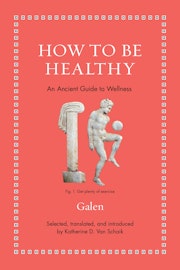
Timeless wisdom about how to be healthy in body and mind from one of the greatest physicians of the ancient world
-
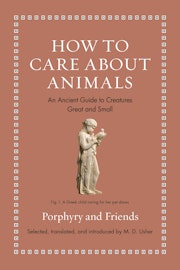
An entertaining and enlightening anthology of classical Greek and Roman writings on animals—and our vital relationships with them
-
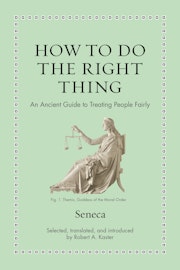
How ancient Stoicism can help teach us to treat others—and ourselves—more fairly and mercifully
-
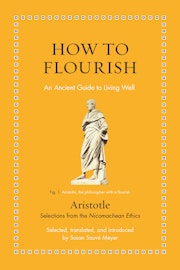
Aristotle’s essential guide to human flourishing—the Nicomachean Ethics—in a lively new abridged translation
-
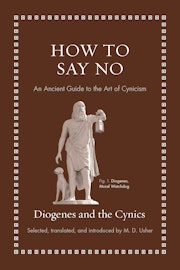
An entertaining and enlightening collection of ancient writings about the philosophers who advocated simple living and rejected unthinking conformity
-
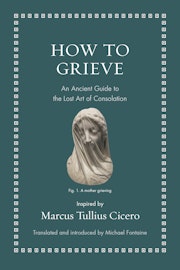
An engaging new translation of a timeless masterpiece about coping with the death of a loved one
-
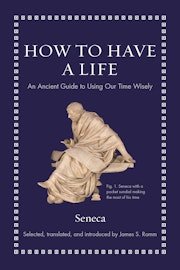
A vibrant new translation of Seneca’s “On the Shortness of Life,” a pointed reminder to make the most of our time
-
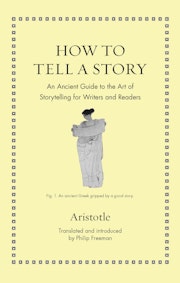
An inviting and highly readable new translation of Aristotle’s complete Poetics—the first and best introduction to the art of writing and understanding stories
-
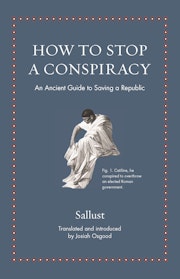
An energetic new translation of an ancient Roman masterpiece about a failed coup led by a corrupt and charismatic politician
-
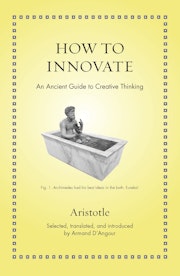
What we can learn about fostering innovation and creative thinking from some of the most inventive people of all times—the ancient Greeks
-
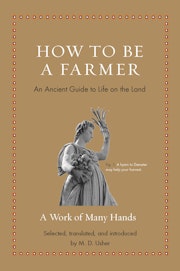
A delightful anthology of classical Greek and Roman writings celebrating country living—ranging from a philosophy of compost to hymns to the gods of agriculture
-
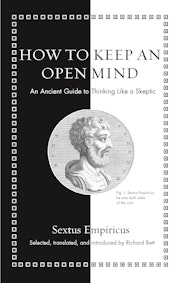
How ancient skepticism can help you attain tranquility by learning to suspend judgment
-
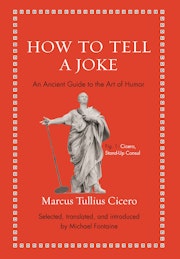
Timeless advice about how to use humor to win over any audience
-
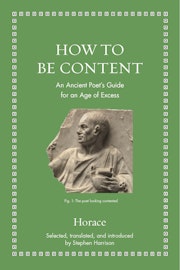
What the Roman poet Horace can teach us about how to live a life of contentment
-
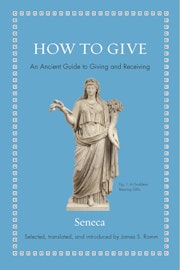
Timeless wisdom on generosity and gratitude from the great Stoic philosopher Seneca
-
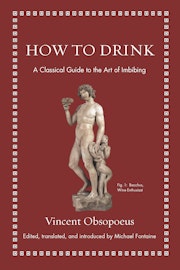
A spirited new translation of a forgotten classic, shot through with timeless wisdom
-
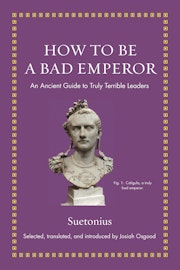
What would Caligula do? What the worst Roman emperors can teach us about how not to lead
-
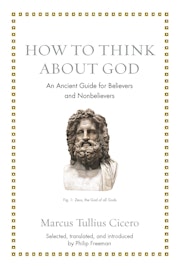
A vivid and accessible new translation of Cicero’s influential writings on the Stoic idea of the divine
-
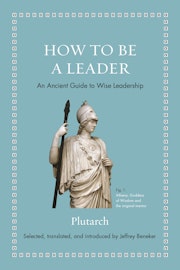
Timeless advice on how to be a successful leader in any field
-
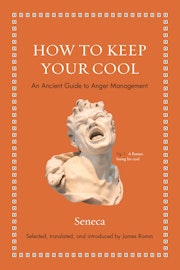
Timeless wisdom on controlling anger in personal life and politics from the Roman Stoic philosopher and statesman Seneca
-
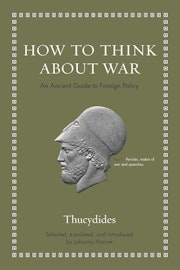
An accessible modern translation of essential speeches from Thucydides’s History that takes readers to the heart of his profound insights on diplomacy, foreign policy, and war
-
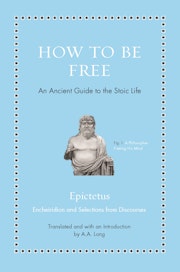
A superb new edition of Epictetus’s famed handbook on Stoicism—translated by one of the world’s leading authorities on Stoic philosophy
-
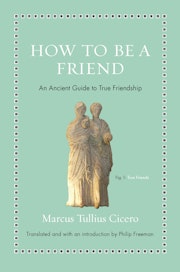
A splendid new translation of one of the greatest books on friendship ever written
-
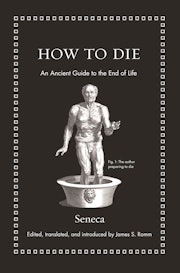
Timeless wisdom on death and dying from the celebrated Stoic philosopher Seneca
-
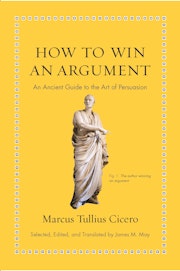
Timeless techniques of effective public speaking from ancient Rome's greatest orator
-
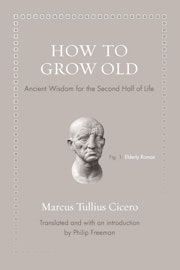
Timeless wisdom on growing old gracefully from one of ancient Rome's greatest philosophers
-
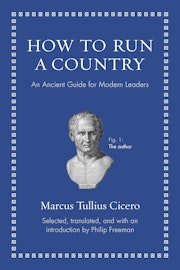
Timeless political wisdom from ancient history's greatest statesman
-
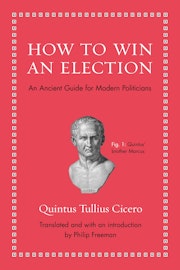
A primer on campaigning in ancient Rome that reads like a strategy memo from a modern political consultant